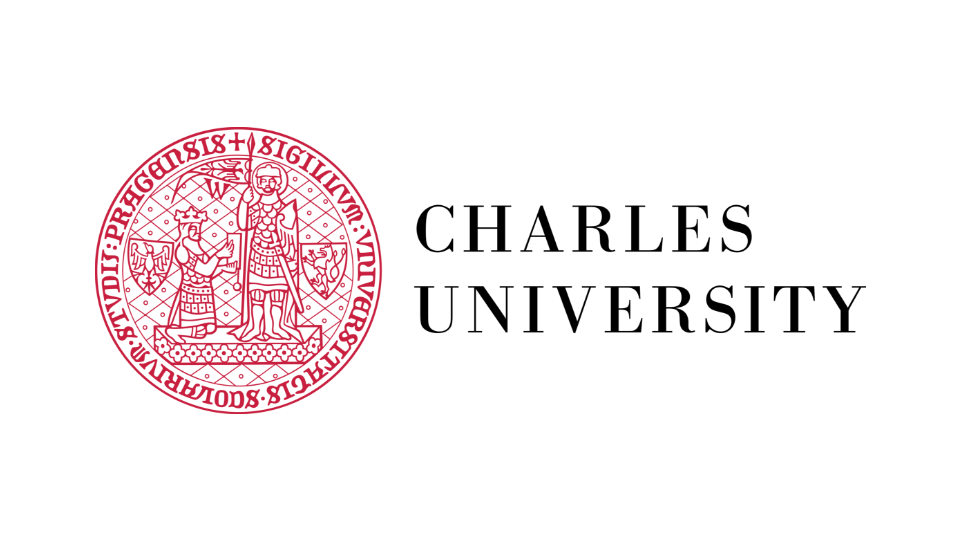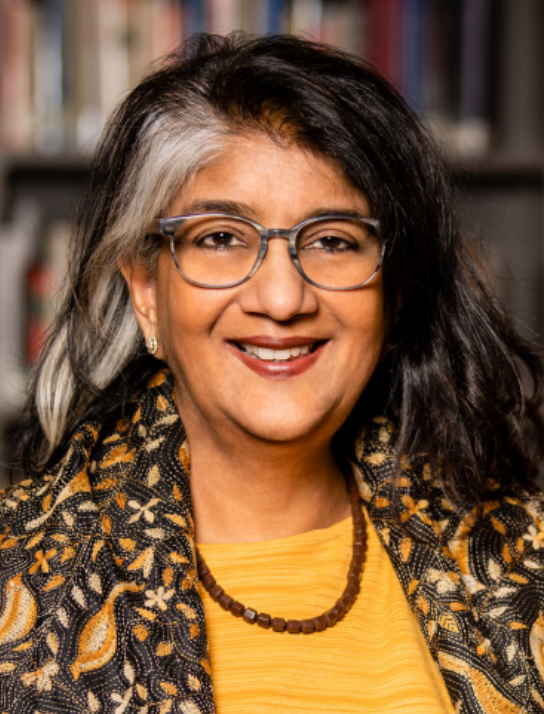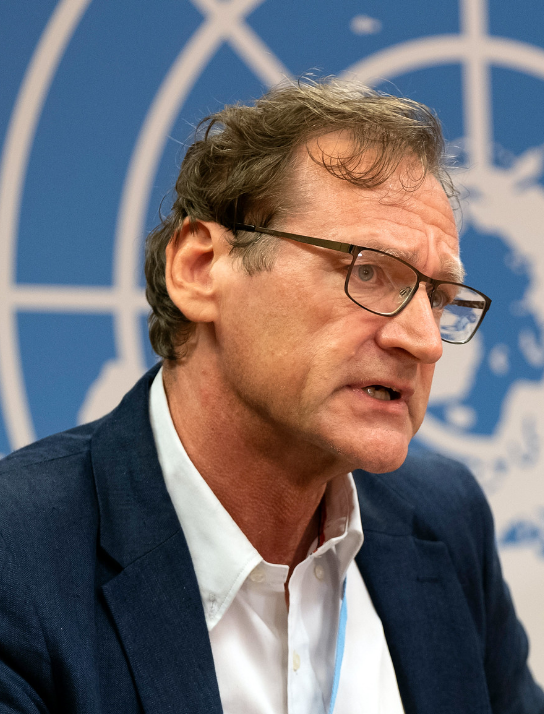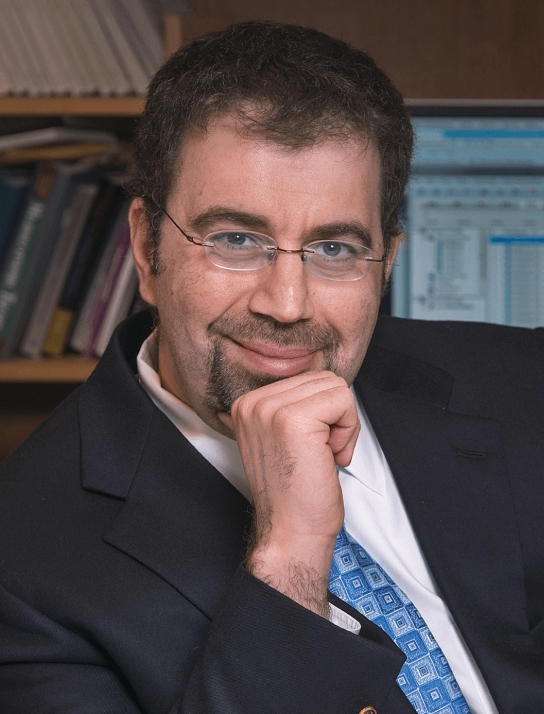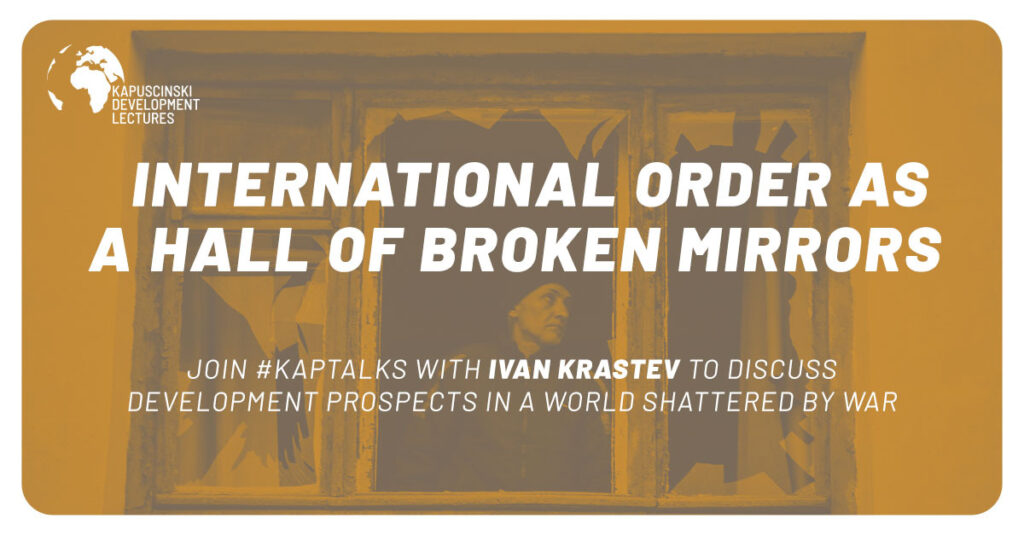
In 1995, in a lecture delivered in IWM in Vienna American anthropologist Clifford Geertz predicted that, contrary to the prevailing consensus at the time, the international order born out of the end of the Cold war would be defined not by convergence and the wholesale adoption of Western models but by an obsession with identity and difference in which “a stream of obscure divisions and strange instabilities” will rise to the surface” and we will be haunted by the questions: “What is a country if it is not a nation?” and “what is a Culture if it is not a consensus?”
The most recent outburst of violence in Eastern Europe is a proof to his intuition. While many tend to frame it as a return of the Cold war, it is my argument that the ideological politics characteristic of the Cold War has yielded to identity politics on a global scale. While the conflict between democracy and authoritarianism continues to have an impact on the foreign policy of the states, it will be the cultural war between states and within states that will be of bigger importance for defining how will states behave in international politics. Spread of misinformation, domestic polarization and fragmentation that we witness today in many parts of the world means that navigating international politics today makes it necessary to re-conceptualize the complex link between domestic and foreign policy. This poses a risk to development gains of the last decades and test the limits of the global multilateral system and puts a heavy strain on the global multilateral system.
The event is organised under the patronage of the Ministry of Foreign Affairs of the Czech Republic.
When: 7th March 2023 at 17:00 CET / 16:00 GMT
Where: Charles University, Hall of Patriots, Carolinum, Prague & online
You can join the lecture by:
- coming to the event
- coming to the online event on Zoom – register here
- following livestreaming from the event at kapuscinskilectures.eu
- asking your questions to Ivan Krastev via Zoom or Twitter using #KAPTalks hashtag
